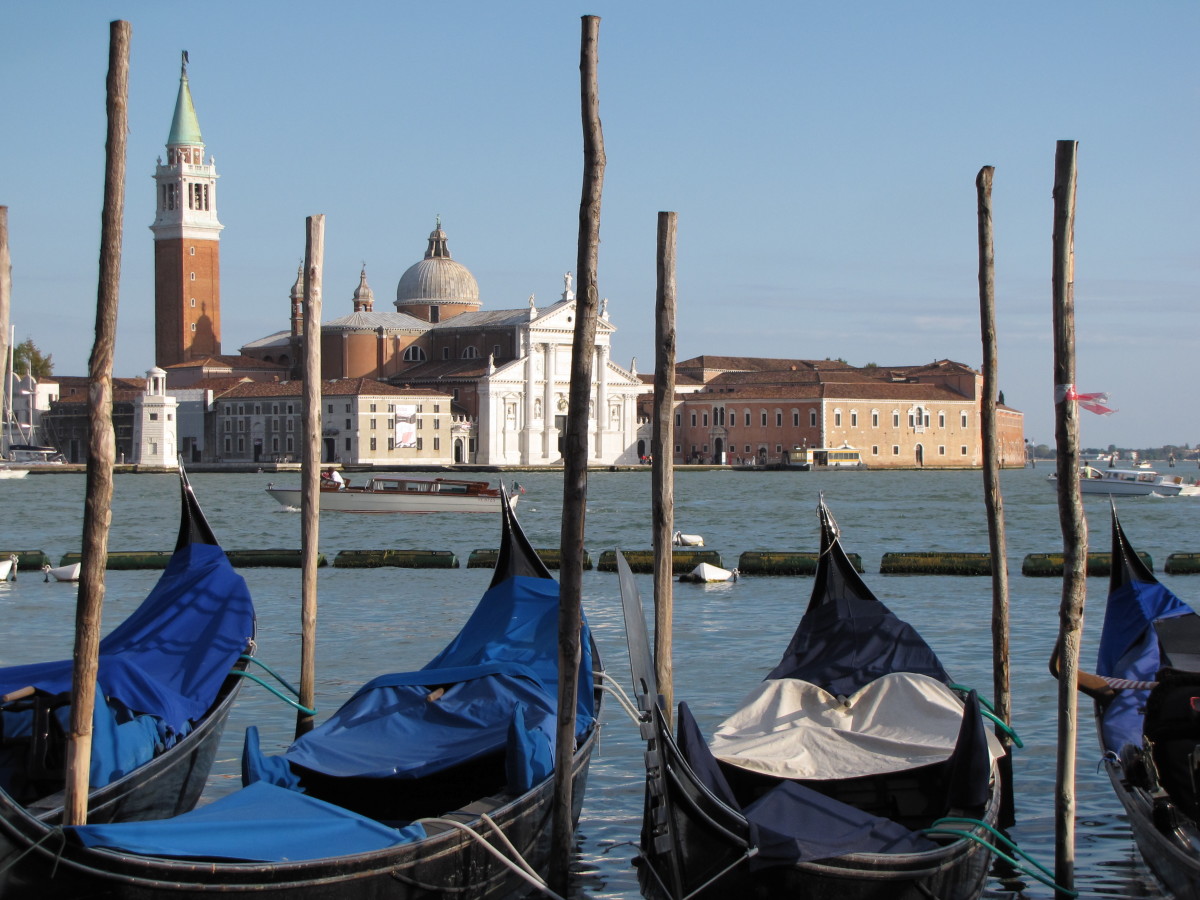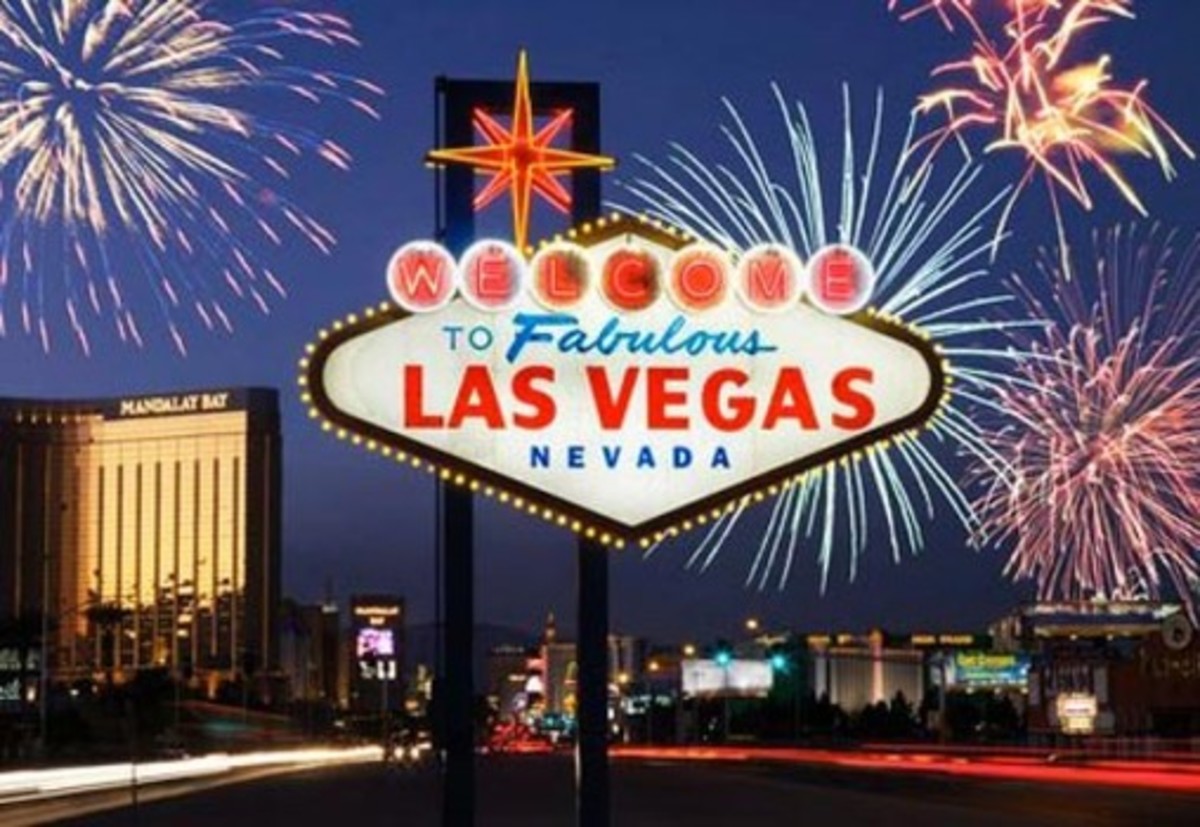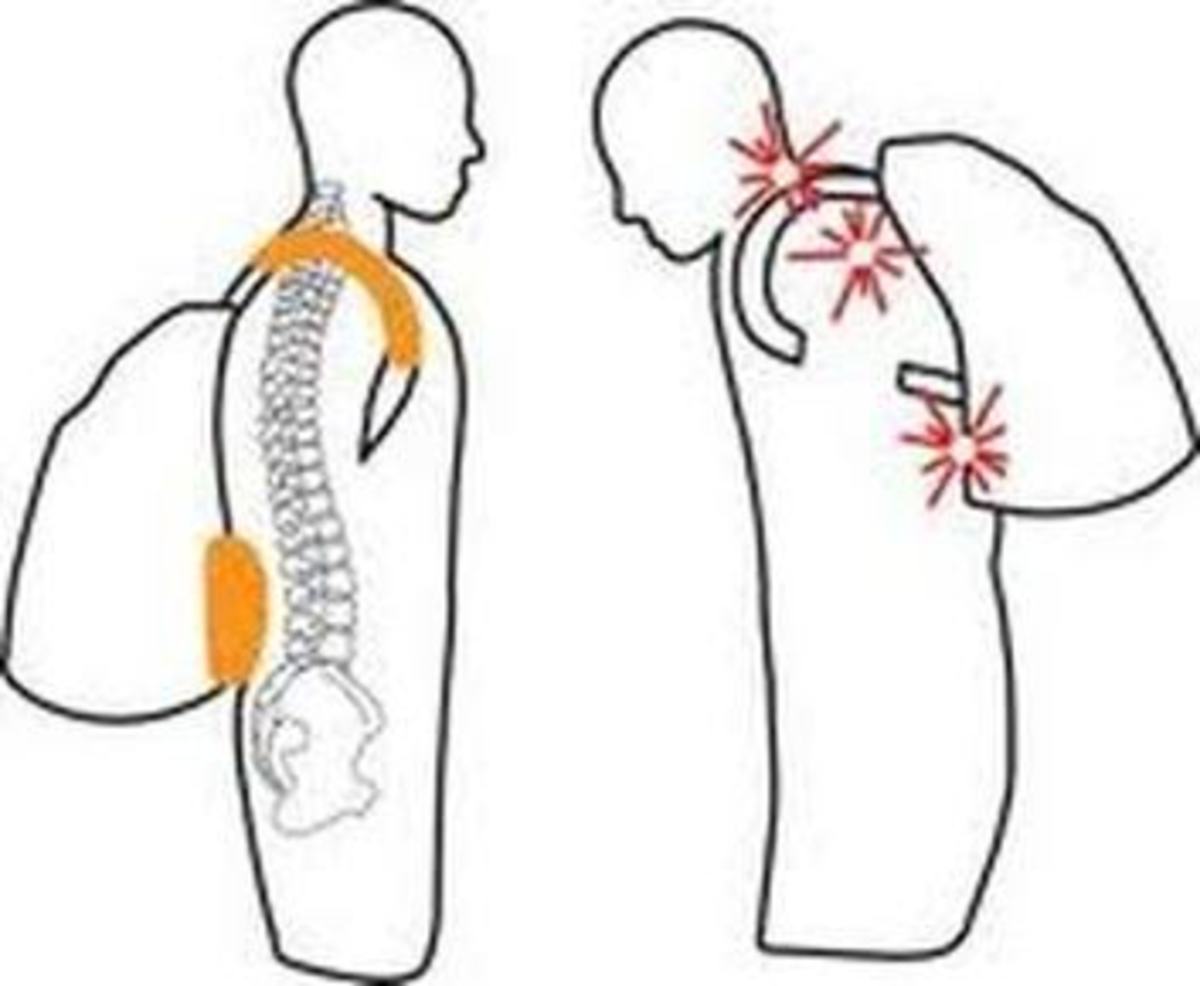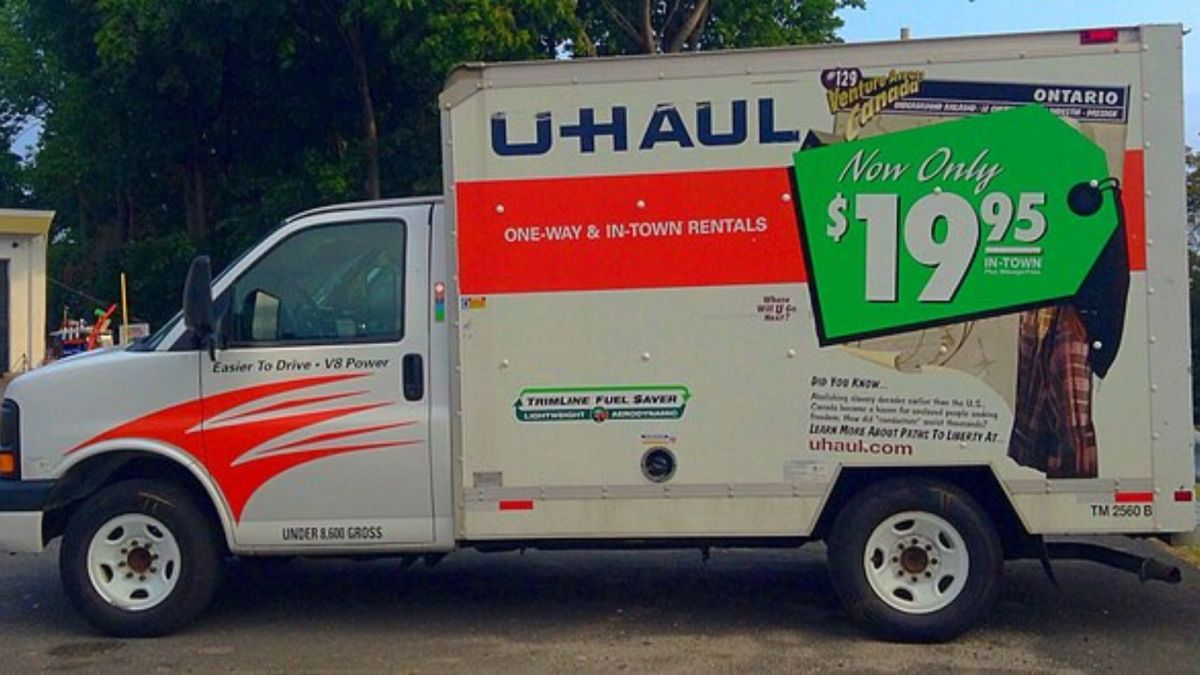Packing a suitcase? Find out how to protect yourself against tampering, smuggling and theft.
Watch this video to discover how criminals access checked luggage:
Baggage is vulnerable to tampering.
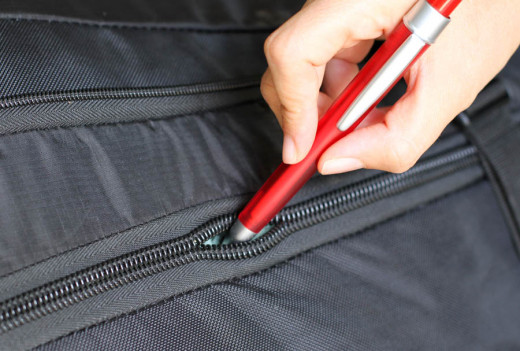
Your luggage is your responsibility. If tampering occurs, it becomes your problem.
It is very concerning footage. To quantify the risk that this poses to every traveller who checks in luggage, the case of Roger Levans should be considered. He is a normal man who had his life radically changed because of events that exploited the security vulnerability you have just witnessed.
Roger Levans was a guard at the New York Yankees stadium. He liked his job and he loved his family. He spent his year in 2010 like most of us average working class folk do – working, saving and dreaming of his end of year vacation. He booked his return trip on Delta to Guyana for the Christmas holiday period. It was a rare opportunity for him to be reunited with his family and to spend some quality time with them. I’m sure it was a happy moment for him when he departed JFK airport. However, his return flight was not to be as positive as his departure.
Upon arriving back at JFK airport on 29 December 2010, Roger Levans collected his luggage and proceeded to immigration like every other passenger aboard the plane that day. Roger was questioned by customs officials and selected for a random hand search of his luggage. At that point, Roger admitted to misbehaving. He had decided to pack a cooked rabbit in his suitcase, something he knew US customs did not approve of. So it was with some trepidation that Roger witnessed his luggage being opened by customs officials. However, the trepidation quickly turned to dread when he found the rabbit missing. In its place, there were three plastic-wrapped packages. A short time later Roger was in handcuffs, placed under arrest for the trafficking of a commercial quantity of cocaine.
Roger maintained his claim to innocence during the investigation that followed. However, this did not stop him from being charged and held to answer a case before the United States District Court in New York. Roger faced a potential life sentence in prison if found guilty of the charges levied against him. As news broke of his arrest, Roger also lost his employment, his reputation and his anonymity. Due to the prevalent social attitudes towards drug mules, he faced the stigma of public guilt before being afforded due process. This situation continued for Roger throughout the preliminary legal process and was reinforced when the case was subsequently set down for trial. Roger remained in custody throughout this process.
Meanwhile, as Roger witnessed the life he knew fading to black, another plane departed from Guyana en-route to JFK airport in February 2011. Upon landing, customs were shocked to discover that an elderly woman passenger had bricks of cocaine in her luggage. Just like Roger, this occurred on a flight to JFK airport from Guyana. Just like Roger, the elderly woman claimed to have no knowledge that drugs were in her luggage. Finally, the bricks were packaged identically to the ones found in Roger’s suitcase. The parallels between the two cases raised a red flag that could not be denied. The woman was not charged and customs authorities quietly commenced investigations into the events at both airports. The airport authority and airlines in Guyana were far less discrete, openly admitting that significant quantities of cocaine were being smuggled via commercial airlines into the USA. Meanwhile, Roger remained in prison and his case remained active.
On 4 April 2011, four months after he was first taken into custody and accused of being a drug mule, Roger Levans was unconditionally released and the charges against him were dropped. Customs investigations had revealed that corrupt airport employees were inserting drugs into passenger’s luggage in Guyana and removing them upon arrival at JFK Airport. Unfortunately for Roger, the perpetrators missed the drugs that were inserted into his luggage. When he collected his luggage, he had no knowledge that his suitcase was laden with cocaine. Consequently, by being in the right place at the wrong time, he was deprived of his liberty, falsely accused of drug smuggling and exposed to a potential life sentence. It was subsequently discovered that this smuggling ring affected a number of US airports and countless passengers were put at risk. In August 2011, the United States National Drug Threat Assessment report recognized this risk and stated that: “…traffickers smuggle cocaine and South American heroin on commercial airlines into East Coast airports such as JFK International and Miami International. In most smuggling incidents, drugs are concealed in airline passengers’ luggage, in mail parcels transported by airlines, or in air cargo…”. The risk is considered high and remains relevant today.
On November 18, 2011 Roger Levans filed a civil claim against Delta for the damage he suffered as a consequence of their failure to safeguard his luggage. This case is ongoing.
What compounds the danger of this situation for passengers is the legal framework that applies to customs charges. Many countries have a legal presumption that operates to prejudice the rights of passengers. Although some variations occur between the different legal jurisdictions, generally it is assumed that if a passenger is found to be in custody and control of luggage during the customs process, then it is up to the passenger to prove that any contraband found in that luggage is not theirs. This effectively shifts the burden of proof onto the passenger to disprove their guilt. In other words, under this presumption, someone in Roger Levans’ position would have had to establish beyond reasonable doubt that the cocaine was not his to beat the charge against him. This is a very high standard to prove. Without compelling evidence to the contrary, it would have been very likely that someone in that position would face a conviction and potential jail time.
The lessons here are:
- Do not assume that locks or airport security procedures protect your luggage.
- Do not assume all passengers that are accused of drug smuggling are guilty.
- Take responsibility for your own safety. If you travel with checked bags, ensure they are sealed in a tamper evident manner (that does not mean just locking them).
- Do not collect your luggage from the carousel if you suspect that tampering has occurred.
- If tampering is suspected, have the suspect item checked by customs officials prior to collecting the item from the carousel.
By repudiating custody and control of tampered luggage and being able to prove that tampering has occurred during transit, you may avoid the fate that Roger Levans was forced to contemplate while in custody.
For more information on the Roger Levans case, you can find a synopsis of media reports here: http://www.securoseal.com/main.php?pg=news&news_id=7727



